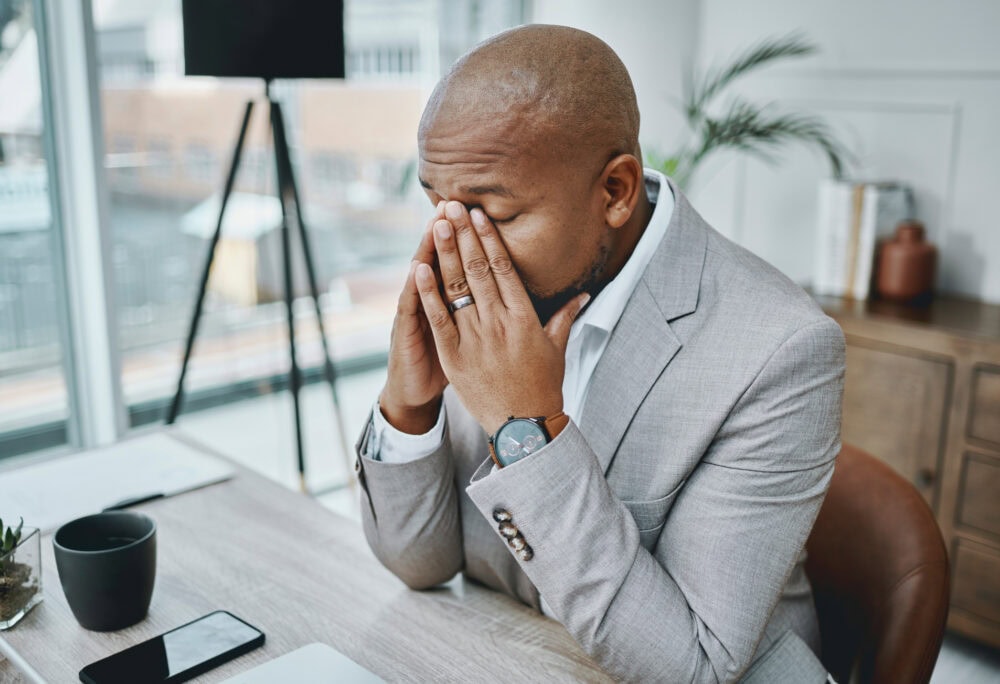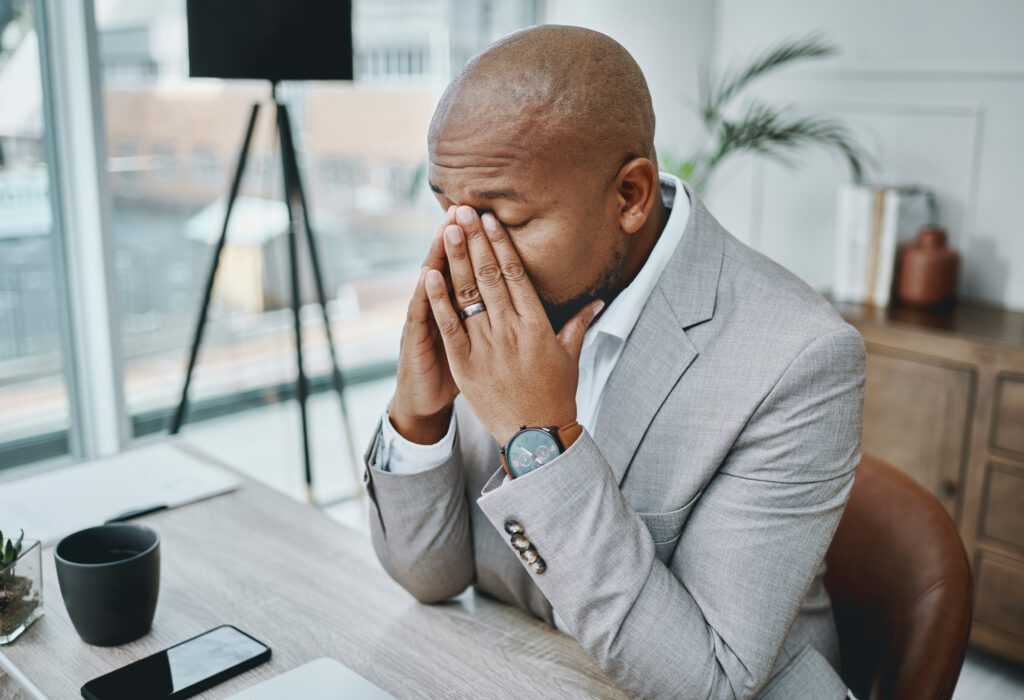Substance Use Amongst the Legal Profession


There is an ongoing debate on which professions are the most stressful. The truth is, every profession has stressors, some more than others. It is also no secret that careers with individuals who are subjected to large amounts of stress are more at risk to dabble with illegal substances (ex. heroin, cannabis, LSD, cocaine) or consume more alcohol than the occasional social drink or evening glass of wine. Research within the United States has shown that behavioral health problems including substance abuse, anxiety, and depression amongst attorneys and lawyers has become overly concerning due to a dramatic increase over the years.
Substance Use to Numb The Pain
Real Talk. Lawyers and attorneys see and hear some insanely barbaric situations. They face some situations which test their own morals, personal beliefs, and ethical standards. They have to often go against their own biases to do their job, so imagine yourself having to deal with that sort of pressure and think about how you would “cope.”
Far too often people in general cannot handle stress in a healthy manner, nor do they openly admit they are internally struggling. In turn negative coping skills come into play (cue the drugs and alcohol) to numb the harsh reality of life. Liking the feeling of numbness, they may keep resorting to that particular substance to keep that feeling, rather than getting the proper help they need (Krill, Johnson, and Albert, 2016).
Practice Empathy: Walk a Day in Their Shoes
The stress of high profile cases, working long hours, and personal mental health issues such as anxiety and depression are just a few factors that can contribute to the spiraling of substance abuse amongst lawyers and attorneys. The ubiquity of substance abuse in the legal profession certainly demonstrates both its convenience and social acceptability. For example, alcohol appears to be the more predominant substance of choice. This is due to the fact that it is easily accessible and more socially acceptable.
It is also easier to “hide” the consumption of alcohol versus consuming illegal substances. According to Kill, Johnson and Albert (2016), private law firms experience some of the highest levels of problematic alcohol use compared with other work environments, which highlights a relationship between this professional culture and drinking. Substance abuse that includes illicit drugs, prescription medications, or solvents (just to identify a few) may be less socially acceptable and therefore individuals avert to disingenuous behaviors to support their habits.
Signs of Substance Use Disorder:
Some common signs of addiction may include:
- Poor work attendance
- Concerns in work performance
- Bring overly confrontational
- Personal hygiene issues
- Disheveled/out of the norm appearance
- Loss of control
- Negative behaviors
- Issues with or loss of personal relationships
Break The Stigma of Substance Use Disorders
There is a level of stigma surrounding substance use disorders and getting proper help. Lawyers and attorneys face some unique factors that may discourage them from seeking help for problematic drinking and substance misuse. Treatment for substance use has existed for many years. Attorneys and lawyers have been identified as a high-risk group for substance use, there has been importance placed on treatment programs specific to legal occupations and are growing in popularity among providers. The question is, are they being utilized?
Don’t Wait, Seek Help and Support for Substance Use
There are safe, effective, and lifesaving tools available to help people struggling with substance use. If you or someone you know is struggling with substance abuse and could use some support or guidance, contact us today. Our team of compassionate professionals are always here to help.
Resources
Elwork, A., Andrew, G., & Benjamin, H. (1995). Lawyers in distress. The Journal of Psychiatry & Law, 23(2), 205–229. https://doi.org/10.1177/009318539502300201
Krill, P. R., Johnson, R., & Albert, L. (2016). The prevalence of substance use and other mental health concerns among American attorneys. Journal of Addiction Medicine, 10(1), 46.
Rothstein, L. (2007). Law students and lawyers with mental health and substance abuse problems: protecting the public and the individual. U. Pitt. L. Rev., 69, 531.
Sendroiu, I., Upenieks, L., & Schafer, M. H. (2021). The Divergent Mental Health Effects of Dashed Expectations and Unfulfilled Aspirations: Evidence from American Lawyers’ Careers. Social Psychology Quarterly, 84(4), 376–397. https://doi.org/10.1177/01902725211045024

